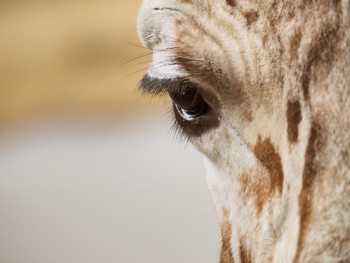Animals that Mourn their Dead
The ritual of funeral planning and burying a loved one is something that is uniquely human. No other species on the planet takes quite as much time and care to say goodbye, and the rituals we rely on to find comfort in our loss are impossible to duplicate. However, that does not mean animals don’t share our sense of loss. Dogs at their owners’ funerals have been known to exhibit physical signs of grief, and it is not uncommon for one pet to pass away soon after another one has died.
Although their mourning patterns may not always match our own, animal bereavement can be a touching, beautiful tribute to the sense of loss we all share.
- Elephants are one of the most well-known mourners. Not only will they shed tears when confronted with hardship, but they will “visit” the remains and bones of a loved one months or even years after they have passed.
- Mother dolphins will sometimes refuse to recognize the loss of a child or baby, keeping the body above water long after death has occurred so it can keep “breathing.”
- Chimpanzees and other primates may refuse to eat or resume normal patterns of behavior after the loss of a parent or child. This can continue until the animal itself passes away from lack of nutrition.
- Gorillas can often take this kind of loss one step further, carrying around a deceased infant or even holding a kind of “wake” in which a large group gathers to mourn a passing.
- Wolf packs may change the type and sound of their howling when they lose a cherished member or pack leader.
- Jays, magpies, and other community birds will hold funerals in which they gather around the body of a fellow bird, send out alarm calls, and even put a stop to their regular eating habits.
- Giraffes will stay by the body of a child or friend who dies for hours (or even days), often providing physical comfort like licking the body.
- Geese, which mate for life, will mourn the loss of a partner by refusing to eat, losing feathers, and leaving the flock for a period of time.
Although not everyone agrees that what animals feel during this period of mourning is the same as human grief, there is no doubt that death affects their regular patterns of behavior. Perhaps most important is the role that community plays in animal grief, as many of them turn to their pack or tribe for support during this difficult time.



